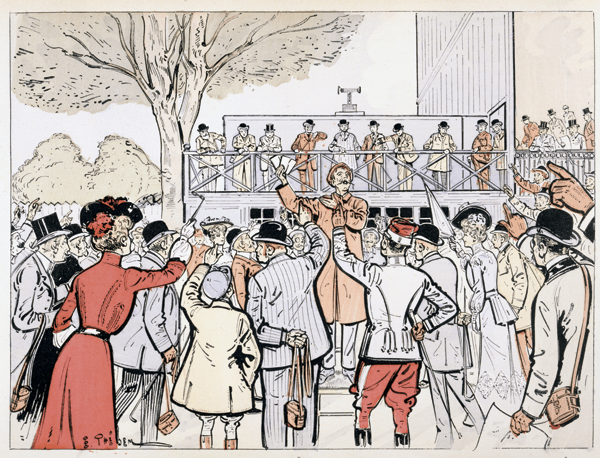Well, there are two ways. You can own a chunk of a successful spread-betting firm or you can be a spread-better and get things right. Miraculously, I have managed to do both. I shall come back to that.
First, let me tell you how it works. How many runs will England make in the first innings of their next Test match? The bookmaker — all spread-betting firms are bookies, whatever gravitas they may attempt to assume — might quote 260–270. You think they will make more than 270. So you ‘buy’ at 270, staking £10 a run. England make 350 runs. So you are right by 80 runs and, at £10 a run, you make £800 profit.
The quote at 260–270 might just as well have been a share price, in pence. It makes no difference. Perhaps you ‘bought’ £100 per point at 270p. In that case, you made 80 times £100 — that is, £8,000. Furthermore, that was free of all tax, just like your cricket bet, because there is no tax on betting -profits.
But is that not monstrous? Why does the Chancellor not close the loophole? How can it be right to allow people to deal in shares and pay no capital gains tax on their profits? I have never asked a chancellor that question but I am sure that I know.
The fact is that spread betting is a boon to the Chancellor. Taken as a group, the punters will be wrong as often as right and, though dealing is nothing like as expensive as buying and selling shares through a stockbroker, the expenses will mean that the clients as a whole are losers. The point is that the losers cannot set those losses against their capital gains.








Comments
Join the debate for just £1 a month
Be part of the conversation with other Spectator readers by getting your first three months for £3.
UNLOCK ACCESS Just £1 a monthAlready a subscriber? Log in